What is a GMT Watch?
GMT watches are a fascinating blend of functionality and elegance, making them a preferred choice for travellers and watch enthusiasts alike. The hallmark of a GMT watch is its additional hand, which is synchronised with a 24-hour scale on the watch face. This guide explores the GMT's history, mechanics, benefits, and lasting appeal.
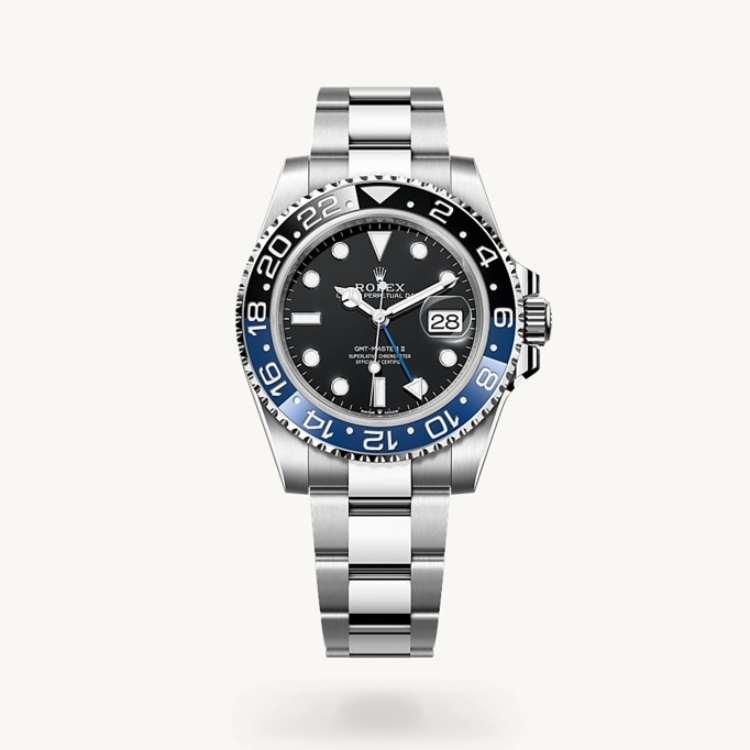
The GMT watch features a unique design that allows the wearer to simultaneously display time in two different time zones—typically their local time and a second time zone of their choice. This is achieved by using a rotating bezel or an additional dial. Initially designed for pilots and international travellers who needed to keep track of time across various geographical areas, the popularity of these watches has grown significantly over the years. Major luxury brands have also started incorporating advanced horological engineering into their designs, further enhancing their appeal.
The Origins of GMT Watches
In the mid-20th century, as transatlantic travel grew, the GMT complication - short for Greenwich Mean Time - emerged as a reliable solution for pilots and frequent travellers who needed to track multiple time zones. At the time, Greenwich Mean Time served as the universal reference for navigation and aviation.
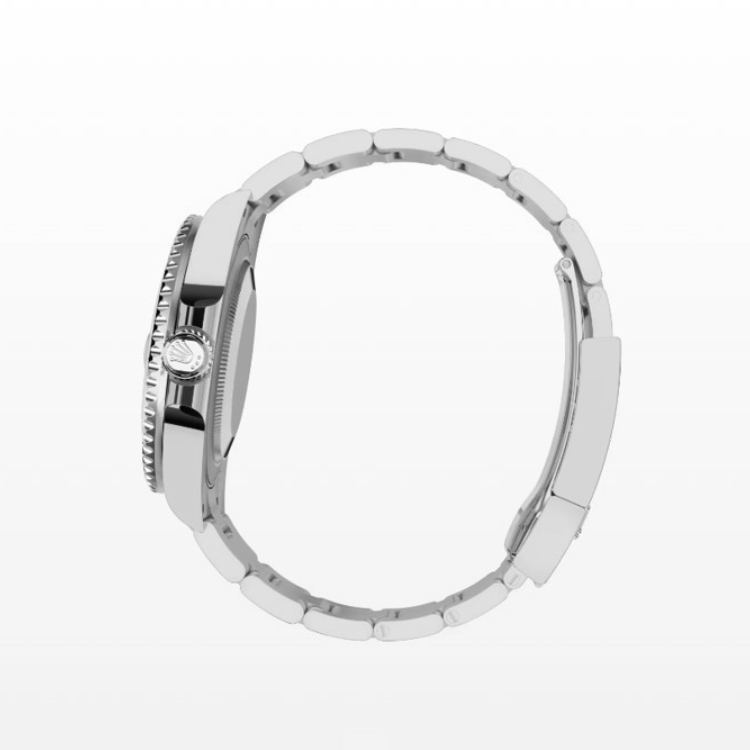
Key Innovations in Early Development
The Glycine Airman, a pioneering watch that introduced a 24-hour dial and dual-time functionality for pilots, was released in 1953.
Just a year later, Rolex refined the concept with the launch of the GMT-Master in collaboration with Pan American Airways. It featured a distinctive 24-hour hand and a rotating bezel, allowing pilots to track both home and destination time.
While Glycine paved the way, Rolex's design set the benchmark for GMT watches, turning them from professional pilots' tools to luxury icons.
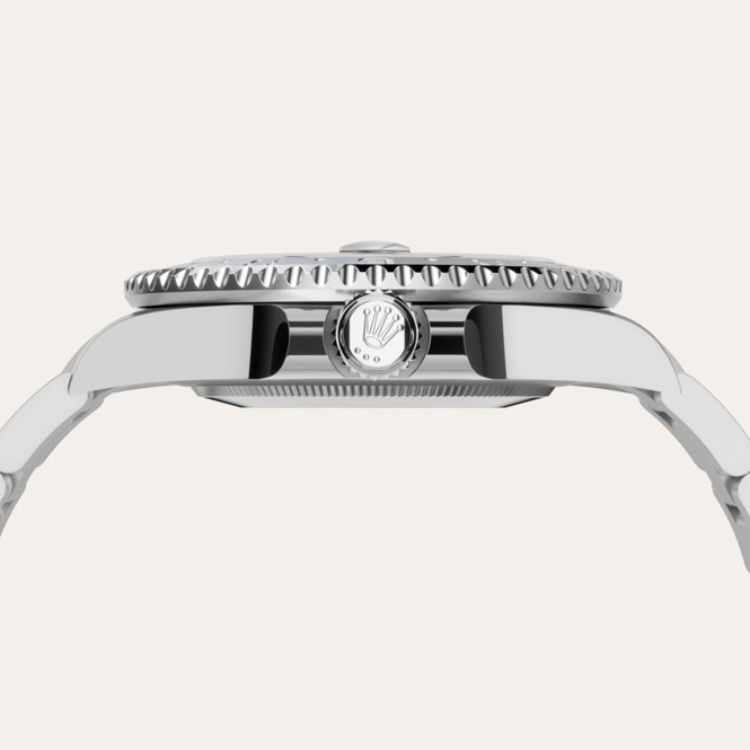
Milestones in GMT Watch Evolution
As international travel expanded, GMT mechanisms became increasingly sophisticated. Watchmakers refined movements for greater accuracy and convenience, introducing independent hour hands and more intuitive bezel designs.
Rolex advanced the complication further with the launch of the GMT-Master II in the 1980s, which allowed the local hour hand to be adjusted independently, a breakthrough that cemented its place as the benchmark for GMT watches.
How GMT Watches Work
The defining feature of a GMT watch is its additional hand, typically styled in a distinct manner, that circles the dial once every 24 hours. This hand points to a 24-hour scale, either on the bezel or the dial, enabling the wearer to track a second time zone.
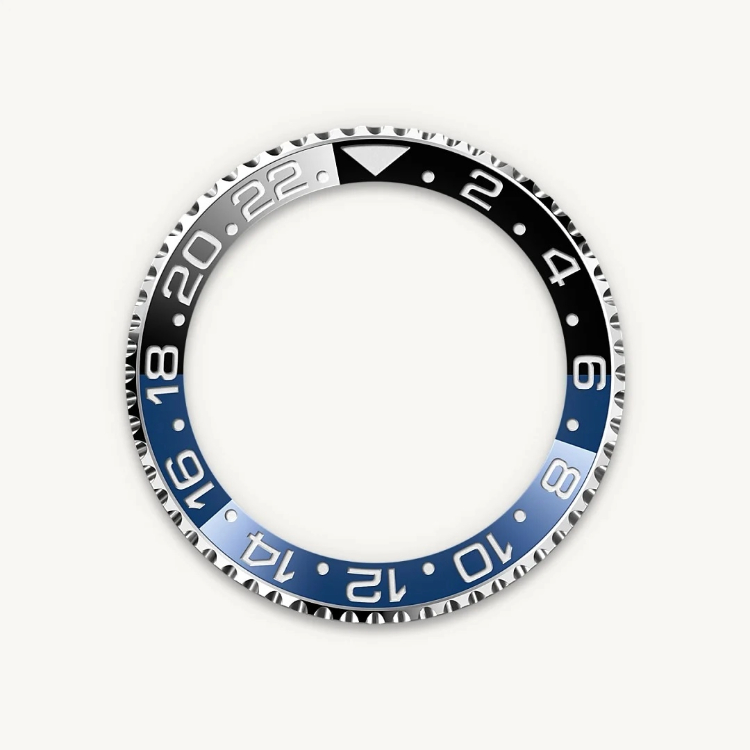
The Functionality of the GMT Hand
Unlike the main hour hand, which completes a rotation every 12 hours, the GMT hand tracks a full day. When paired with a rotating bezel, it offers the flexibility to monitor a third time zone.
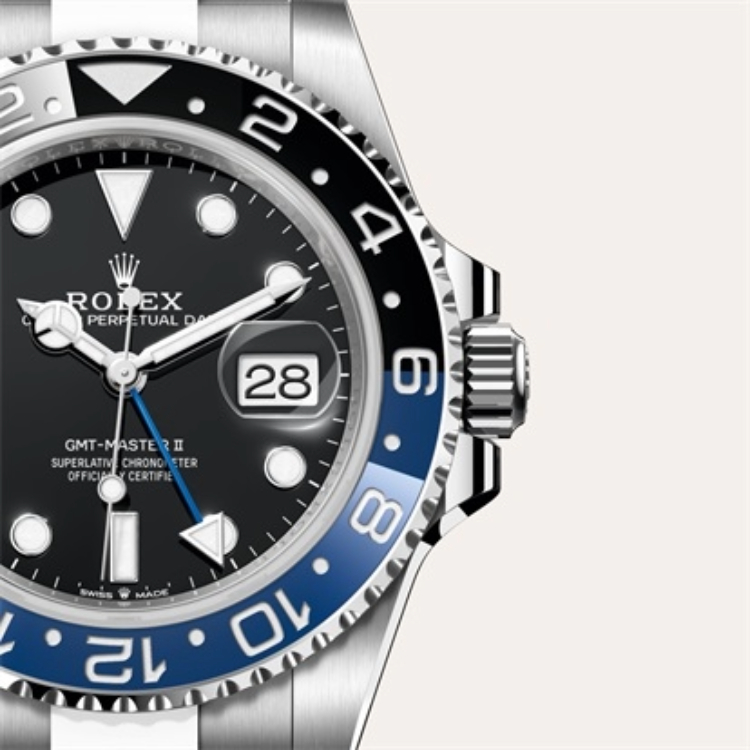
Setting and Reading a GMT Watch
Set the local time using the main hour and minute hands.
Adjust the GMT hand to align with the home or reference time zone.
Use the 24-hour scale to differentiate between day and night hours in the second time zone.
Rotate the bezel if available to quickly adjust and track an additional time zone.
Benefits and Features of Luxury GMT Watches
Luxury GMT watches are prized for both their aesthetic appeal and functionality. Beyond practicality, they showcase refined craftsmanship and technical innovation.
Global convenience: Ideal for international travel, enabling wearers to stay connected across multiple time zones.
Craftsmanship: Incorporating intricate movements and fine detailing, they reflect the artistry of high horology.
Distinctive design: The GMT hand and 24-hour markers create a unique aesthetic instantly recognisable among luxury timepieces.
Enduring value: These watches often retain, and in some cases increase, their value over time.
Our Exclusive Collection of GMT Watches
We proudly offer the Rolex GMT-Master II, one of the most iconic GMT watches in the world. Originally created for professional pilots, it remains a benchmark in horology, combining precision, durability, and unmistakable style.
Alongside Rolex, we also present the Tudor Black Bay GMT. Known for its robust build and signature design, it combines the practicality of dual-time functionality with Tudor's heritage of fine Swiss watchmaking. Its 24-hour bezel and bold aesthetic make it a popular choice for collectors and world travellers alike.
Frequently Asked Questions
Below are the answers to our most commonly asked questions. Should you want to find out more please feel free to Contact Us and begin your Pragnell experience.
Watch CLP Page
Contact us